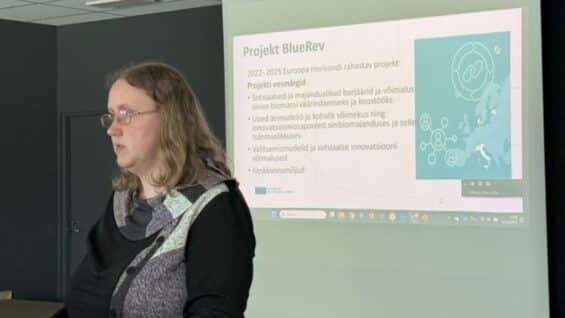Dissemination of Results in Demonstration Workshops
As part of WP4, a series of co-creation workshops brought together fishers, processing companies, and policymakers to collaboratively develop business models aligned with global circular economy objectives. These models focus on converting fish by-products into high-value products—such as Omega-3 oils, powders, and nutritional beverages—particularly targeting export markets like China. By leveraging advanced extraction technologies, these innovations support sustainable fisheries, boost local employment, and enhance community well-being.
In Denmark and Greenland, co-creation workshops also enabled the prototyping of nutrient recovery technologies, ensuring their feasibility and integration into existing operations. Key initiatives included transforming by-products into nutraceuticals and deploying automated wastewater treatment systems to recover valuable nutrients. A standout example from Denmark is the development of an Omega-3 nutritional drink tailored for the Chinese market, illustrating how sustainability and market demand can be successfully aligned. This concept merges health-focused innovation with circular economy principles by turning fish processing waste into consumer-ready products.
Despite the strong potential of these innovations, challenges such as high implementation costs and logistical complexities underscore the need for scalable, cost-effective solutions. The insights and outcomes from these pilot initiatives will be shared during the upcoming phase of the BluRev project through a series of demonstration workshops taking place between April and June. These events will serve as platforms for presenting and discussing best practices with regional stakeholders. Notably, the University of Agder (UiA), along with other scientific partners, will present the most promising sustainable business models at the workshop in Aalborg 29 April.




